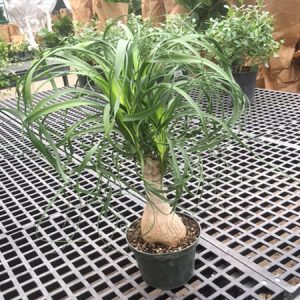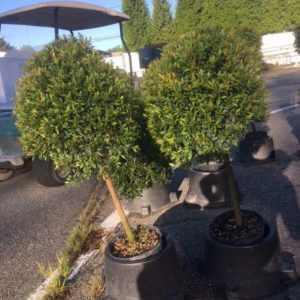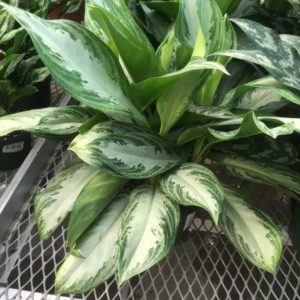Description
Muscari – Muscarimia – Grape Hyacinth –
There are about 30 species of bulbous perennials in this genus. They occcur from sea level to subalpine areas, in woodland and on steppes, stony slopes and screes in the Mediterranean region and Western Asia. Fleshy leaves, arranged in basal clusters, are linear to inversely lance shaped, or sickle or spoon shaped, mostly channeled, and mid green, or blue, or gray-green. It bears grape like clusters of bright blue, pale blue, pale yellow or white held in terminal racemes on leafless stems in spring occasionally, autumn, the lower fertile flowers are sometimes crowned by smaller, paler ones. May be tubular, bell shaped, or spherical, often with constricted mouths, and are to 3/8″ long, occasionally ½” long. Grow in massed displays in a mixed border, also suitable for a deciduous woodland garden, a wild garden, for naturalizing in grassland. Use the smaller species in a rock garden.
Plant 4″ deep in group in autumn, in moderately fertile, moist but well drained soil sunny or part shaded position.
Prone to viruses.
M. armeniacum ‘Argaei’ – This vigorous, bulbous perennial grows 8″ tall and 2″ wide. It produces semi erect, narrowly linear to linear-inversely-lance shaped, mid green leaves, 12″ long, in autumn. In spring it bears tubular, bright blue flowers with distinct, constricted white mouths, are held in dense racemes to 3″ long. May be invasive.
Zones 4-8





